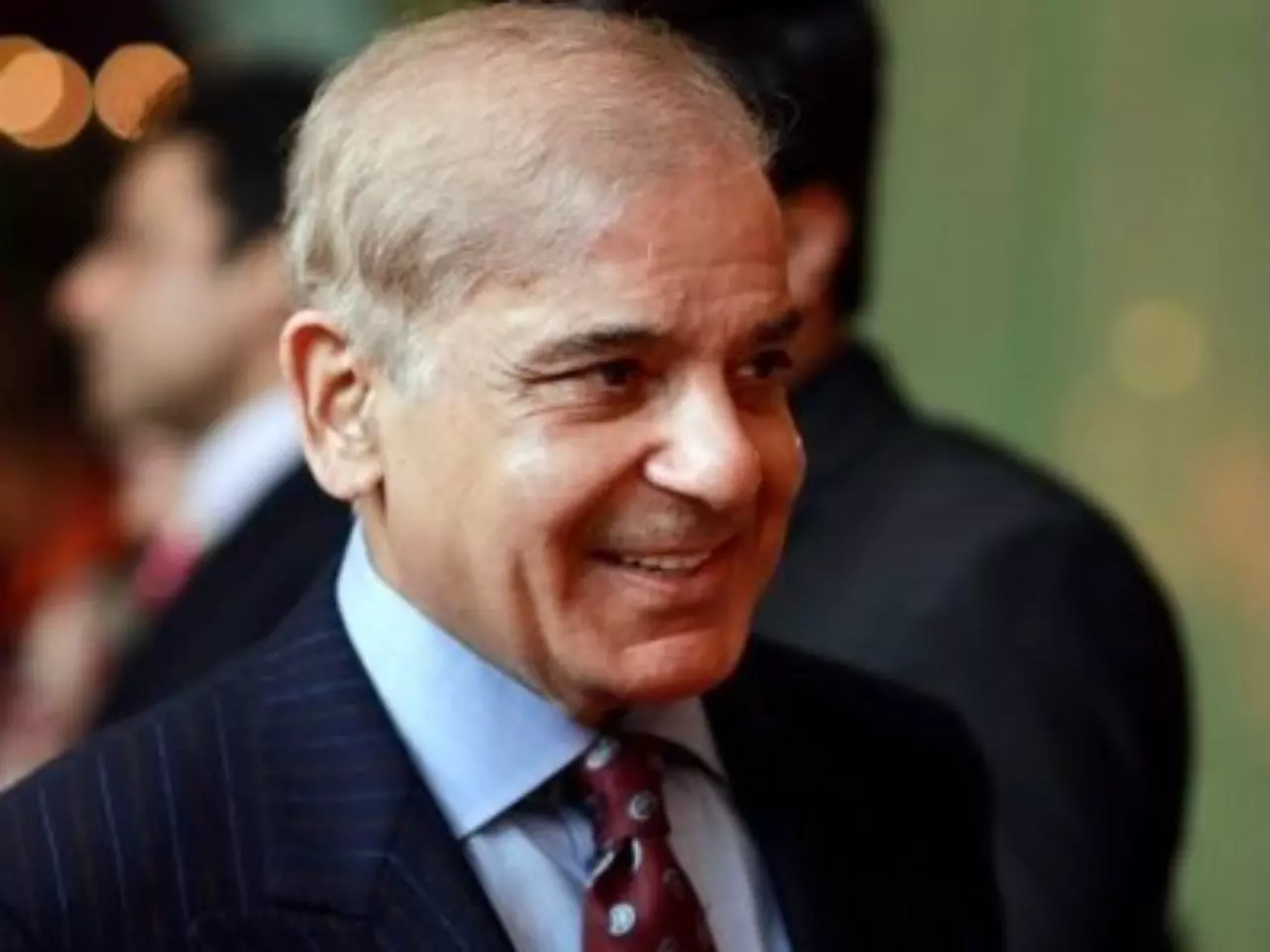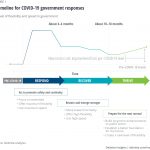By Sankar Ray
There is a general feeling of relief at the exit of the PTI Government led by Imran Khan in Pakistan and the coming of the opposition coalition leader Shehbaz Sharif as the new Prime Minister Nazam Sethi, editor of the renowned The Friday Times, began his column, captioned, ‘Ten Days That Shook Pakistan’, put it in a hard-hitting way- “Imran Khan and his fascist hybrid regime have finally been kicked out. Thankfully, the Miltablishment and Judiciary that had supported him refused finally, to bail him out of his self-inflicted troubles”. He thanked the Opposition for closing ranks ‘in the face of brutal repression.’
The choice of 70-year old Muhammad Shehbaz Sharif of Pakistan Muslim League (Nawaz), youngest brother of ex-premier Nawaj Sharif as the 23rd Prime Minister of Pakistan seems a judicious step in as much as he proved his mettle in governance as chief minister of Punjab twice. In striking contrast was blatant misgovernance of Imran Khan regime. His promise of building ‘Naya Pakistan’ remained a pious platitude. Pakistani-American economist Mian Atif , who was picked up by the PTI-led government in 2018 as an adviser , but subsequently dropped out following a controversy has said that the national economy is ‘ now in a worse shape on all accounts under the three-and-a-half year rule of PTI led government. ’
The new premier announced a few relief measures immediately after elected o the post following the defeat of Imran Khan and his government such as minimum monthly wages at Rs25,000, subsidised wheat flour and 10 per cent raise in pensions as well as salaries of the government employees getting less than one lakh monthly , effective from the very first day.
Shehbaz laid down a promise that he would put in his paper in case it is proved through an inquiry that there was an international conspiracy behind the no-confidence resolution against the former PM Imran Khan. “Even if there is an iota of evidence to prove it in the National Security Committee meeting that there was any conspiracy, I will not take more than a second to resign as the prime minister,” he quipped
The smartness of new PM reflects the Opposition’s s readiness to take on the electoral battle in 2023 when the tenure of present NA is to end and a fresh election is to take place. The minimum monthly wages will be up from Rs21,000 to Rs25,000 per month from 1 April 1, 2022. The premier announced revival of the Benazir Income Support Programme (BISP) and its linkage with the education, provision of flour on subsidised rates under the Ramzan package and restarting distribution of laptops among the talented students.
King Khan proved once again his skill in showbiz bravado by resignation en masse of all PTI members of National Assembly excluding the twenty-plus dissidents who voted for the no-trust motion sheerly out of frustration over Imran Khan’s style of governance. The PTI supremo appears confident of winning the majority in the NA in 2023 elections.
The last three-and-a-half years witnessed the building of personality cult around Imran Khan as an incorrigibly honest politician “what Khan wants, what Khan eats, one day Khan will make Pakistan a superpower, Khan is alone, Khan needs time, Khan wants Presidential system, the captain is changing the batting order, Khan is happy, Khan is sad’ etc but the Pakistan Test cricket captain-turned politician and PM was less concerned of Pakistan, his promise for Naya Pakistan notwithstanding. Pakistan is heading towards financial bankruptcy mainly because of consistent compromising agreements made by PTI government to keep the system running but without any effort to reinvent the infrastructure of the system.
The shameless way Imran Khan coalesced with the deputy speaker Qasim Suri, a member of PTI. And tried to sabotage the no confidence motion has shattered King Khan’s image. Rather the end of hybrid regime with a conscientious judiciary gave peace-loving and democracy-yearning Pakistanis a sigh of relief as democratic norms, civil liberties and human rights were being trampled blatantly by the PTI government. About the PTI regime’s failures on economic and diplomatic front, the less said, the better. There has been brazen clampdown on dissent and political expression Imran Khan’s authoritarian rule , let alone crushing of political dissent. “They destroyed independent journalism, shrank civic space, and violated the freedom to associate, organise, express, and be informed. Significantly, the problem of enforced disappearances increased manifold under the hybrid regime,” said Pakistani political commentator, journalist, and human rights activist Marvi Sirmed
Mosharaf Zaidi in an after-edit in The News International reposes faith in the new PM. “Arguably, nothing is more important for a country of 220 million, with half the population below the age of 23. The cities, roads, highways, broadband and public discourse that these young Pakistanis will traverse in the coming decades needed to be built twenty years ago. Pakistani politics has delayed the arrival of a Shehbaz Sharif – as it has delayed so many badly needed changes in Islamabad. But has he arrived too late?” (IPA Service)

 Dealing With Debt Crisis Is The Foremost Task Of New Pakistan Government
Dealing With Debt Crisis Is The Foremost Task Of New Pakistan Government 